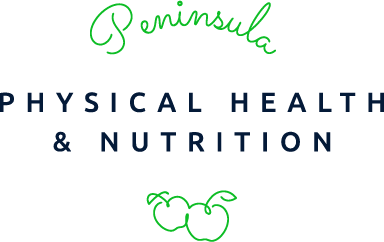Pros and cons of the ‘top 5’ diets
All diets have positives and negatives. Some are better suited to some people and others to other people. The best diet is one that is individually designed and tailored to your needs, set out by a dietitian.
Paleo diet
The paleo diet resembles what was eaten by our ancestors in the paleolithic period, hundreds of thousands of years ago. It involves removing all processed foods from the diet and eating similarly to how cavemen did. The diet removes all grains (refined and whole), legumes, dairy and sugar.
Pros:
- Removes processed foods, which can assist in weight loss
- Includes a large amount of fruits and vegetables.
- Emphasises whole foods, lean meat, fruit and vegetables and healthy fats.
Cons:
- Removal of food groups – grains are an important source of carbohydrate, fibre, vitamins and minerals, and dairy is an excellent source of protein and calcium.
- There is no scientific evidence to support this way of eating.
- There was no one paleolithic population.
5:2/Fast diet
5:2 involves restricting calorie intake to 25% of your needs (500 calories for females and 600 for men) for two days of the week and eating normally for the rest of the week.
Pros:
- Can improve blood pressure, cholesterol and insulin sensitivity.
- More mindful eating throughout the whole week
Cons:
- Adherence
- Risk of over eating on non-fasting days
Mediterranean diet
The Mediterranean diet is known as the ‘world’s healthiest diet’ and involves eating primarily plant-based foods, using healthy fats such as olive oil rather than saturated fats. It also includes limiting red meat to no more than a few times per month, fish and poultry twice per week and drinking red wine in moderation as well as exercising regularly.
Pros:
- Reduces the risk of heart disease and LDL ‘bad’ cholesterol, cancer, Parkinson’s and Alzheimer’s.
- Easy to stick to.
Cons:
- Too much of a good thing (alcohol and good fats) can be detrimental if over-consumed.
Low Carb Diet
A low carb diet comes in different levels and varying degrees of restriction. In large it involves decreasing grains, starch and sugar and increasing protein and fat. It has shown to be effective in short term studies but after six months, adherence declines.
Pros
- Beneficial in individuals with Type 2 diabetes.
- Rapid weight loss initially (water weight).
Cons
- Adherence – hard to stick to long term.
Ketogenic diet
A ketogenic diet is a very low calorie diet that results in rapid weight loss due to the body not having enough carbohydrates to burn as its predominant fuel source. This results in fat being burned, producing ketone bodies, reducing hunger.
Pros:
- Effective for a short term rapid weight loss.
- Increased fat loss.
- Decreased chance of weight cycling than other diets.
Cons:
- Lethargy initially
- Fruity ‘bad’ breath
-
The Lancet Diabetes & Endocrinology, ‘The effect of rate of weight loss on long-term weight management: a randomised controlled trial’, October 2014
-
Jӧnsson T et al. Beneficial effects of a Paleolithic diet on cardiovascular risk factors in type 2 diabetes: a randomized cross-over pilot study. Cardiovascular Diabetology 2009;8:35
-
Sumithran, P., Prendergast, L. A., Delbridge, E., et al. (2013). Ketosis and appetite mediating nutrients and hormones after weight loss. Eur. J. Clin. Nutr. 67, 759-764.
-
Mellberg C et al. Eur J Clin Nutr 2014;68:350-7
-
Seimon RV, Roekenes JA, Zibellini J, Zhu B, Gibson AA, Hills AP, et al. (2015) Do intermittent diets provide physiological benefits over continuous diets for weight loss? A systematic review of clinical trials. Mol Cell Endocrinol 418: 153–172. pmid:26384657 doi: 10.1016/j.mce.2015.09.014
-
J. G. Mancini et al. (2016). “Systematic review of the Mediterranean diet for long-term weight loss.” The American Journal of Medicine.





